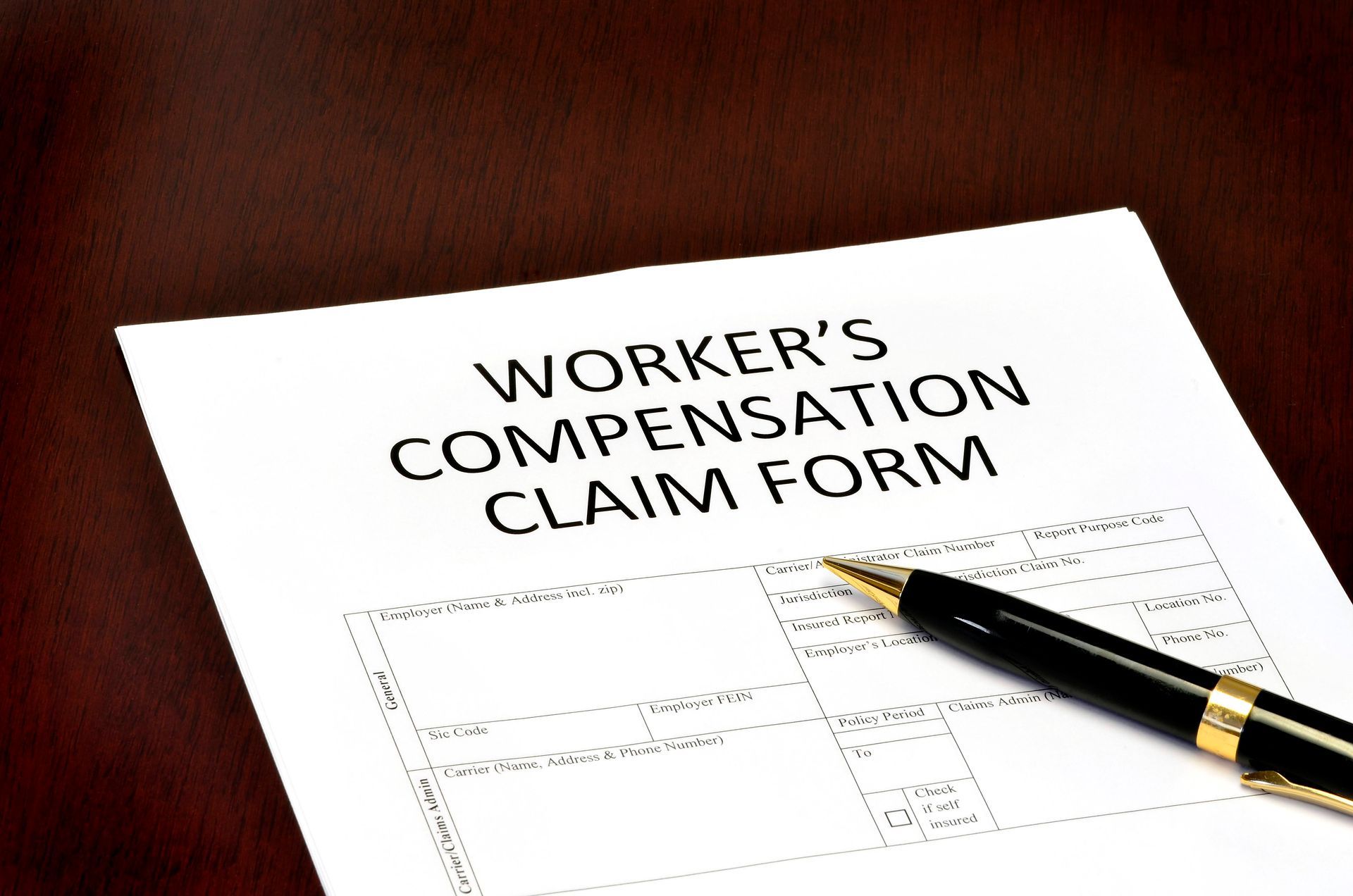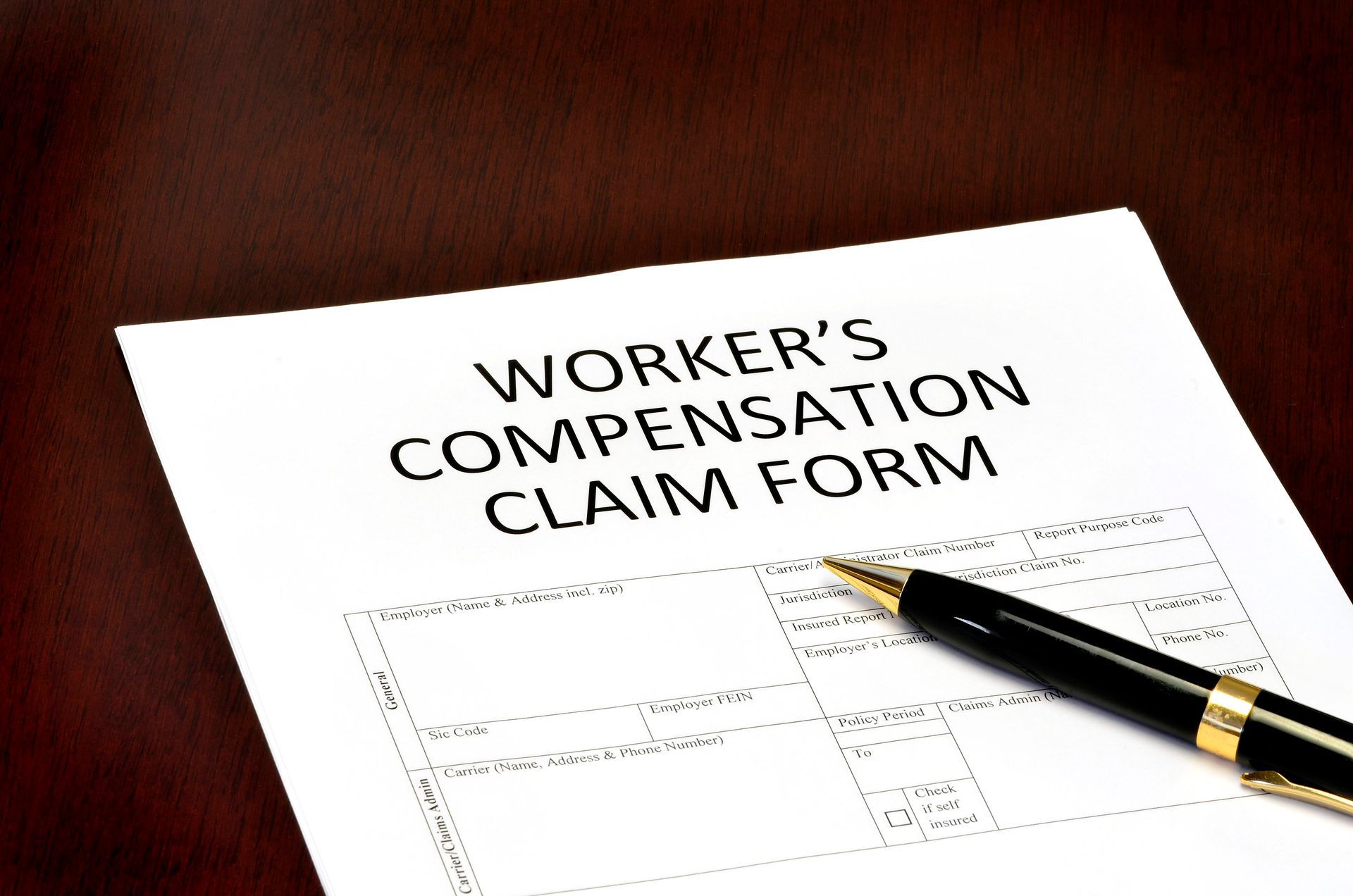CALL US TODAY!
Patchogue (Main Office) 440 Waverly Avenue, Suite 7 Patchogue, NY 11772
524 East Main Street, Suite 202, Riverhead, NY 11901
300 Broadhollow Road, Suite 100 W, Melville, NY 11747
WORKERS' COMP IN A "GIG" ECONOMY
Nationally, the gig economy is on the rise. A report by the Freelancer’s Union titled “Freelancing in America 2018” indicates that 56.7 million people in the United States are in the gig economy, and this number continues to grow.[1] You may be familiar with some of the most famous examples of freelancing businesses: Uber, Lyft, Juno, Doordash, PostMates, Handy, TaskRabbit, Fiverr and Care.com.
And while services like these make our lives as consumers easier, they have serious implications for workers. As stated in a National Employment Law Project report, “Tech-mediated gig work is the latest iteration of a 50-year-old pattern of workplace fissuring—the rise of ‘nonstandard’ or ‘contingent’ work that is subcontracted, franchised, temporary, on-demand, or freelance. Gig companies are simply using newfangled methods of labor mediation to extract rents from workers, and shift risks and costs onto workers, consumers, and the general public.”[2]
These now large and powerful companies continue to lobby for lower standards of worker protection. Their goal is to avoid complying with tax and labor laws by ensuring so-called “gig” workers are seen as independent contractors under workers’ compensation law.
When an employer incorrectly treats employees as independent contractors, it is called “misclassification”. Growing businesses like Uber use misclassification to hire as few employees as possible and claim the workers who carry out the bulk of their business (e.g. driving) as independent contractors. These businesses can then avoid paying for sufficient workers’ compensation insurance, as well as unemployment insurance and social security benefits, and upholding proper minimum wage and overtime laws. This not only hurts workers by depriving them of their rights, but also places an unfair burden on law-abiding businesses that sustain higher costs for their workers’ compensation, unemployment and social security benefits.
There is an ongoing debate as to whether these “gig” workers are employees or independent contractors. The companies contend that the workers make their own schedules and provide their own equipment (e.g. cars), thus making them independent contractors. However, companies like Uber or Handy negotiate the workers’ pay rates (e.g. the cost of a ride), take a percentage of these earnings, and solely handle behind-the-scenes business matters like complaints and advertising.
Misclassification is fraud. While the business may contend that a worker is an independent contractor and provide them a 1099 form instead of a W-2 form, this may not be valid under the law. The New York Workers’ Compensation Board may decide that the workers are in fact employees and thus are entitled to benefits.
New York State has developed a task force specifically for tackling this exploitation of workers’ rights. Their task force hotline number is 1-888-469-7365, and they also have a digital reporting form available at https://www.ny.gov/content/report-suspected-workplace-violations
If you have been injured on the job but your employer contends that you are an independent contractor and not entitled to benefits, please call the office of Gilbert, Blaszcyk & Milburn. Our attorneys will help to assess your case and ensure your rights as a worker are upheld. Contact any one of our law offices on Long Island. When you reach out, we can provide you with a free, no-obligation consultation.
[2] https://s27147.pcdn.co/wp-content/uploads/Rights-at-Risk_4-2-2019.pdf
Phone: 631-447-6500 | Email: office@gbmcomplaw.com | Address: Patchogue (Main Office) 440 Waverly Avenue, Suite 7 Patchogue, NY 11772
Business Hours: 9:00 am – 5:00 pm









